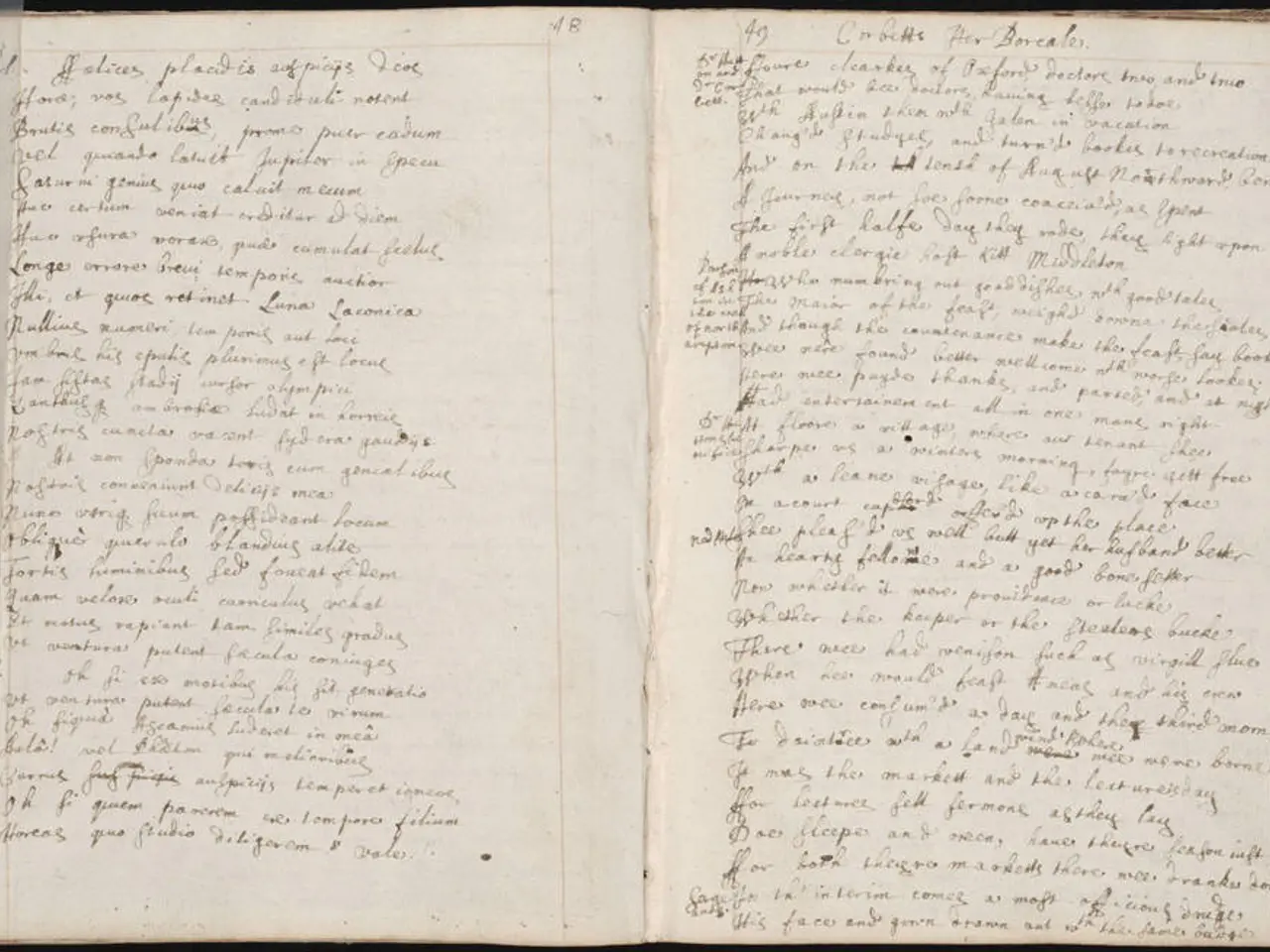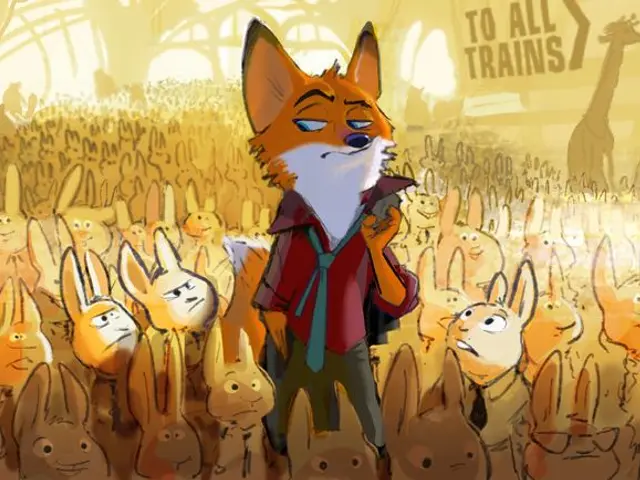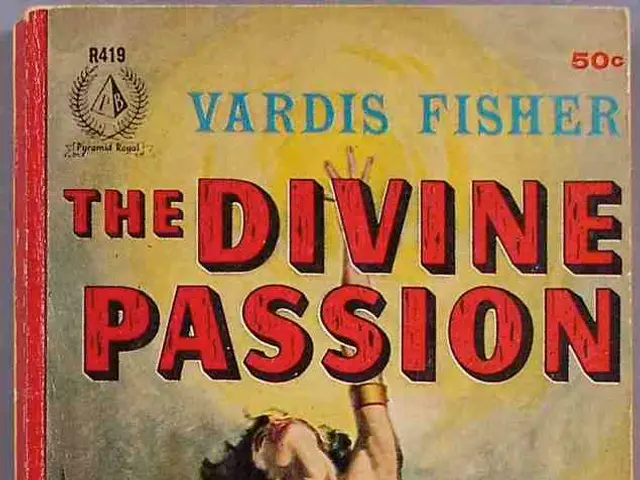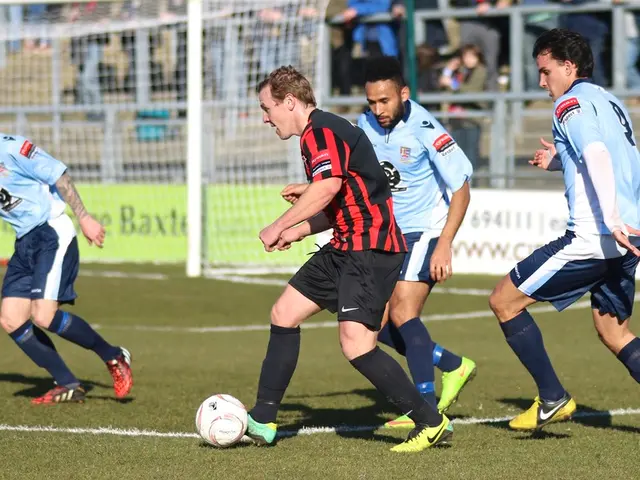Contemplating a Sequel for Your Literary Work?
In the dynamic world of publishing, the decision to write a sequel or a standalone book is a crucial one. The popularity and profitability of series, such as J.K. Rowling's Harry Potter, have undeniably influenced the industry. Authors have the freedom to create either standalone books or series, with the choice often influenced by reader preference, story scope, and publishing strategy.
The decision to pen a sequel is often guided by several factors. Reader interest and demand play a significant role. If readers show a strong appetite for more of a story, an author might be inclined to oblige.
Story potential is another crucial factor. Some narratives naturally lend themselves to longer arcs, benefiting from multiple installments, while others are best told as a single, complete work.
Publishing considerations also come into play. Market trends, such as the popularity of series versus standalones, or the timing of releases, can influence an author's decision.
Personal creative vision is another key factor. An author's connection to the story or characters might inspire further books or a series, especially if they feel the story is special or worth expansive treatment.
A book that is longer than the typical adult book length might be divided into multiple shorter books to generate more sales. Conversely, rushing through a sequel can lead to a poorly constructed book with plot holes and underdeveloped characters.
In self-publishing, selling more than 1,000 copies of a book can indicate a need for a follow-up. Unanswered questions and unresolved conflicts in a book can also warrant a sequel to answer them. Writing a sequel can be financially motivated due to the potential for reader continuity.
A strong central character or an interesting minor character can justify a sequel if given another original scenario. John Briggs, a writer with nearly 20 years of industry experience, is set to release his book "Leaping Lemmings" on Sept 6th, 2016, which might be a testament to this point.
Before deciding to write a sequel, it is important to examine the criteria for creating a sequel. Strong sales numbers in traditional publishing and reader expressions of interest in a sequel in reviews or correspondence are strong indications to write one.
In conclusion, the choice between writing a standalone or a series depends on the narrative itself, market factors, and the author’s goals and resources. Writing sequels is often influenced by reader engagement and commercial viability, balanced with the creative desire to continue a story.
Read also:
- "Primal instincts at play: Subnautica 2 designer notes our affinity for weapon-making stems from a fundamental desire for protection and sustenance"
- Dragon Age series might find a promising future with remasters, according to ex-BioWare producer Mark Darrah, but it seems unlikely that EA and BioWare possess the capability for such undertakings at present.
- In Verdansk, the dominance of automated systems in Warzone is causing an integration with Stalker, leading to a blurring of lines in the user's mind.
- Despite the significant success of Clair Obscur: Expedition 33, its director asserts that traditional prejudice towards turn-based RPGs persists, with real-time action games generally receiving smoother acceptance.








